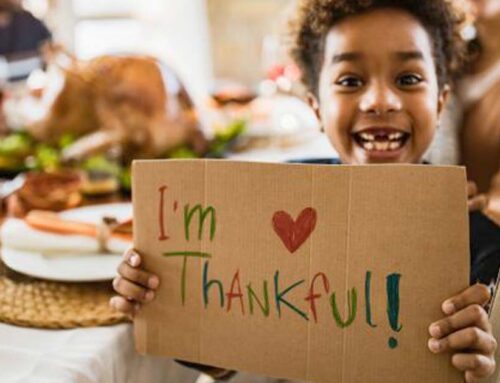Community Health & Restorative Practices
What Is Community Health?
Community health uses public health science and evidence-based strategies to optimize the health and well-being of all persons who live, work or are otherwise active in a defined community (Goodman, Bunnell & Posner, 2014). Distinctive features of community health include community member engagement and multi-sector collaboration. Individuals, groups and organizations work together to address health issues by taking into account the social and cultural factors relevant to the community. Restorative practices strengthens relationships between individuals as well as social connections within communities. Restorative practices can also help to increase people’s personal and collective efficacy. These positive outcomes influence sense of community. People with greater sense of community are more likely to act in healthy ways and work with others to promote well-being for all.
NEW: Youth Restorative Practice Group Workshops
Restorative Practice Group Workshops can help youth realize that they are experiencing similar situations in their lives as their peers. It provides youth with the opportunity to work together and to share their internal struggles with others to then develop strategies to navigate their feelings and decisions. These groups are geared to help youth with neurodevelopmental disabilities (ADHD, Autism), social deficits, and Life Skills.
- The intention of all restorative practices is to teach and practice explicit relationship skills.
- All workshop series include a one-hour virtual family workshop to help support their children’s learning.
- All workshops will be held in a circle to create a peaceful community.
- Each workshop will take place in the Peace Room.
- Group workshops meet weekly on Thursdays for 6 weeks.
Community Resources
National Alliance on Mental Illness (NAMI)
Provides advocacy, education, support and public awareness events and activities.
www.nami.org
Eastern Shore Mobile Crisis Response Services
Available 24 hours a day / 7 days a week / 365 days of the year.
(888) 407-8018
Maryland Coalition of Families
Dedicated to connecting, supporting and empowering families who are experiencing behavioral health challenges.
www.mdcoalition.org
Wraparound Maryland
Care coordination services for families with children who have severe emotional or behavioral needs.
www.wraparoundmd.org
Important Dates
SEPTEMBER 2022
2nd: ALL QACPS Early Dismissal Day
3rd: (OFFICE CLOSED)
5th LABOR DAY (OFFICE CLOSED) (Schools Closed)
16th: CCPS 1/2 DAY
23rd: CCPS CLOSED
26th: ROSH HASHANAH (AACPS CLOSED)
29th: Restorative Practice Group Session A-1
30th: TCPS Early Dismissal Day
OCTOBER 2022
5th: YOM KIPPUR (AACPS CLOSED)
6th: Restorative Practice Group Session A-2
13th: Restorative Practice Group Session A-3
14th: CCPS 1/2 DAY
19th: AACPS (Early Dismissal)
20th: Restorative Practice Group Session A-4 / (AACPS Early Dismissal)
21st: QACPS CLOSED, CCPS CLOSED
27th: Restorative Practice Group Session A-5
28th: TCPS Early Dismissal
31st: HALLOWEEN / QACPS CLOSED
November 2022
1st-3rd: QACPS 1/2 DAYS
3rd: Restorative Practice Group Session
3rd-4th: AACPS (Early Dismissal)
4th: CCPS 1/2 DAY
8th: ELECTION DAY / QACPS & AACPS CLOSED
10th: TCPS (No School For Students)
11th: TCPS (Closed)
18th: CCPS (Closed)
21st – 23rd: (AACPS CLOSED)
23rd – 25th: Thanksgiving (Schools Closed)
DECEMBER 2022
2nd: Centreville Christmas Parade (QACPS 1/2 day)
7th: AACPS Early Dismissal
22nd – 30th: QACPS Schools Closed
21st: TCPS Early Dismissal / CCPS 1/2 DAY
22nd – Jan 1st: TCPS Closed, CCPS Closed
23rd – Jan 1st: AACPS Closed
24th – Jan 1st: Wye Oak Therapy (Office Closed)



